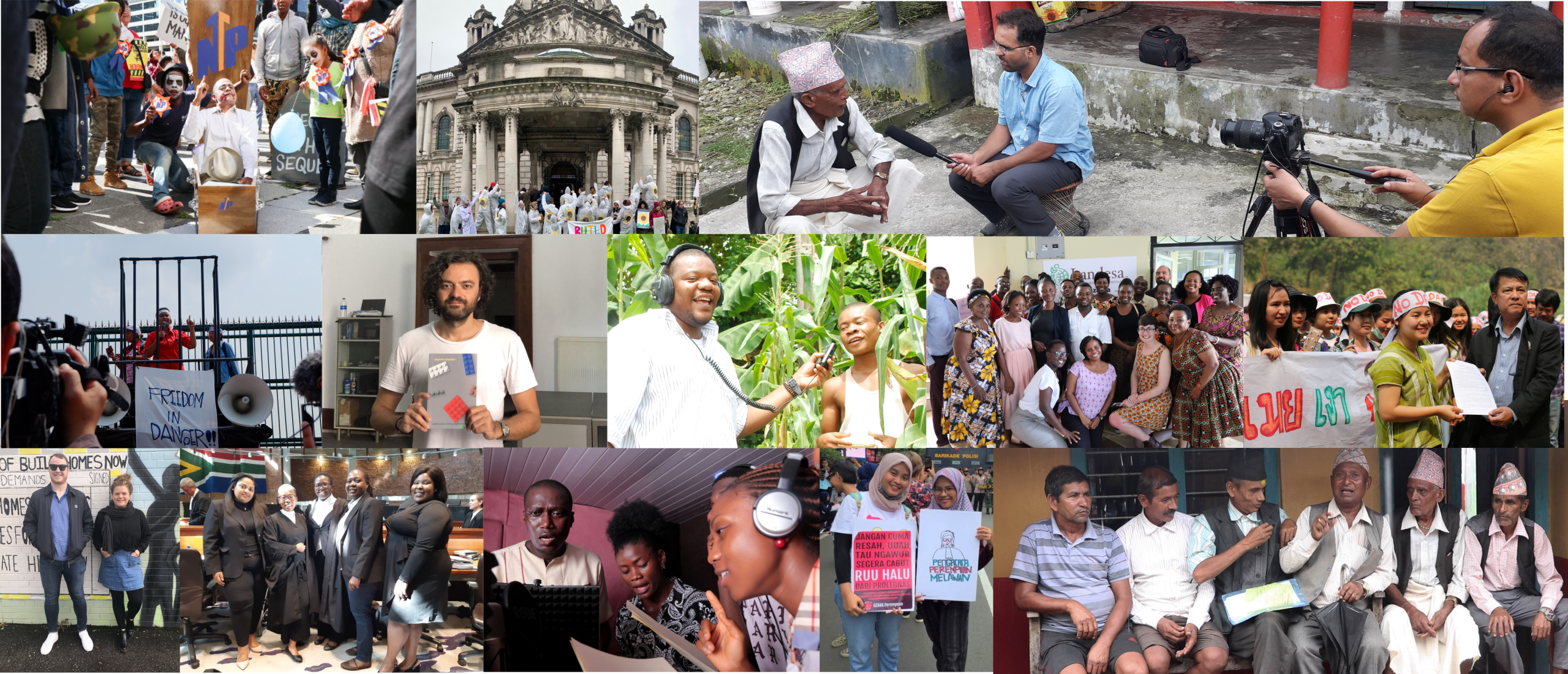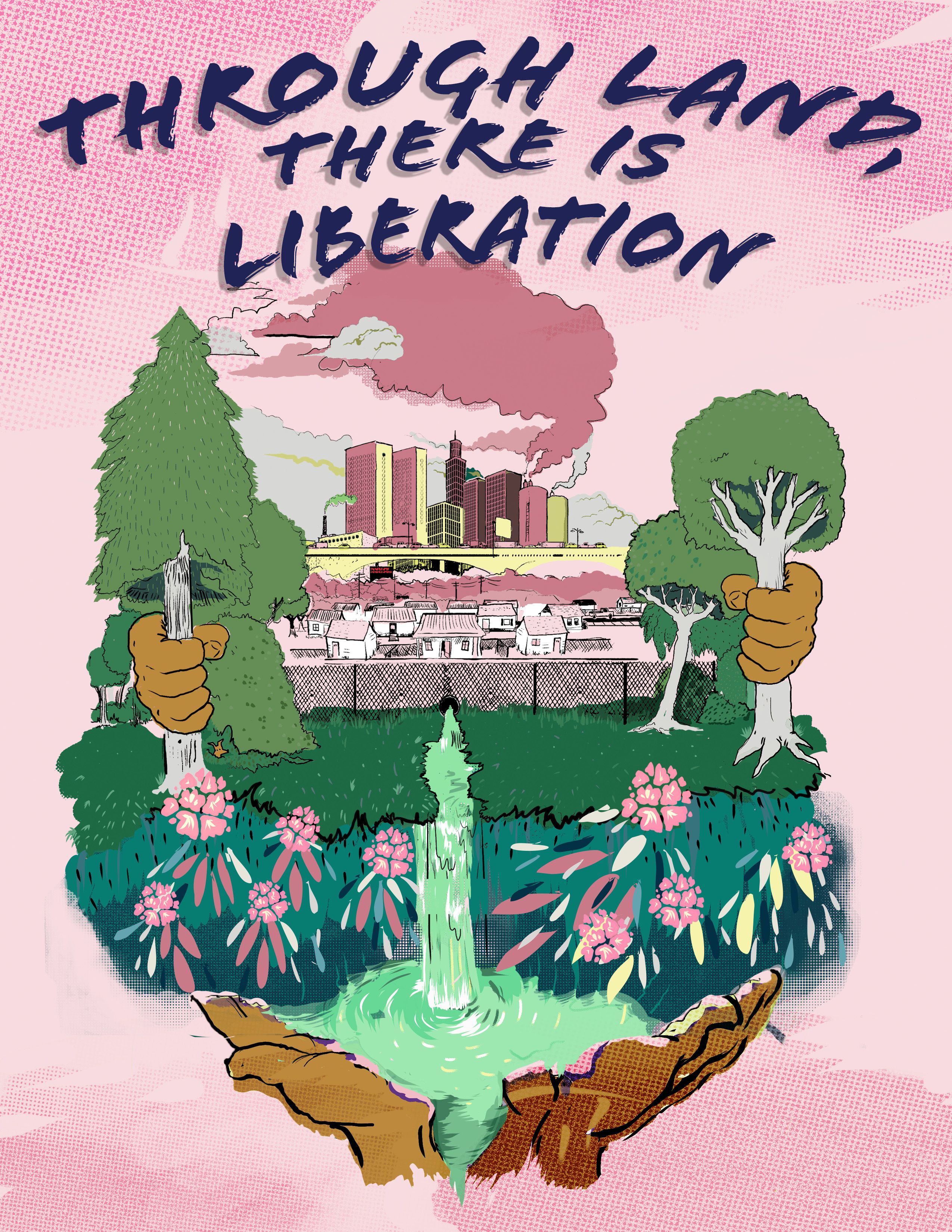Charice Starr
United States of America

Activist Fellow Charice Starr joined the Bertha Challenge to develop a popular education handbook for land reclamation campaigns in the American South. During monthly co-learning calls she shared her experiences of using popular education to build and sustain campaigns.
Activist Fellow Charice Starr works in Central Appalachia. As a member of the Education Team at the Highlander Research and Education Center, Charice is passionate about participatory and inclusive activist education practices. Through that work, Charice helps people to reimagine the world and uses popular education to develop critical thinking about existing social structures and new alternatives.
“Training and education is the foundation of mobilization and organizing.”
Charice Starr, Highlander Research and Education Center
Charice’s activism focuses on the historic role land ownership has played – and continues to play – in the entrenchment of structural racism in the American South. Much of the land in the region has been dominated by extractive corporations, speculators and private landowners. The resultant lack of access to land and communal resources has profoundly affected Black and native communities and obstructed their access to clean air, housing, jobs and systems of governance over their communities. Charice’s Bertha Challenge project used popular education as a tool to build networks, campaigns and power for land reclamation and economic justice in the region.
The Bertha Challenge monthly co-learning sessions provided an opportunity for Charice to share with other activist Fellows why popular education is the right tool for this work:
“One of the big components of popular education is connection. I’m constantly wanting new people and new faces in the room to carry this work, and I’m also trying to create leadership everywhere I go... Building connection with people is a tool of base-building so they can trust you, so people feel like they can work with you and you’re forming a collective consciousness on the issue that you’re working to end together.”
Charice talked about the importance placed on dialogue over monologue in popular education in order to co-create environments that invite participation, co-responsibility and co-ownership of the space and the process.
Specifically, Charice spoke about the importance of acknowledging the connection between an issue that brings a group together and the ongoing organizing effort. Fellows discussed the common tension within movements between putting energy and resources into delivering a particular campaign and putting energy and resources into building and sustaining an organization or network. Charice encouraged Fellows to use education processes as an opportunity to treat both demands – issue-based organizing and movement-based organizing – as reciprocal rather than competing.
Activists know that winning is not enough – you must take the people most affected by a particular injustice on the journey with you. In her co-learning call, Charice provided concrete examples of how popular education can be used to achieve this, and encouraged others to share from their own experiences.

CREDITS
Photo 1: Image from Charice’s popular education toolkit. Artwork by Ahdya Attea.
Authors: The Bertha Challenge Team
Editorial Consultant: Karen Frances Eng
This story was originally published in the Bertha Fellows book and some of the information in this story may have changed since it was first published.


 Built with Shorthand
Built with Shorthand